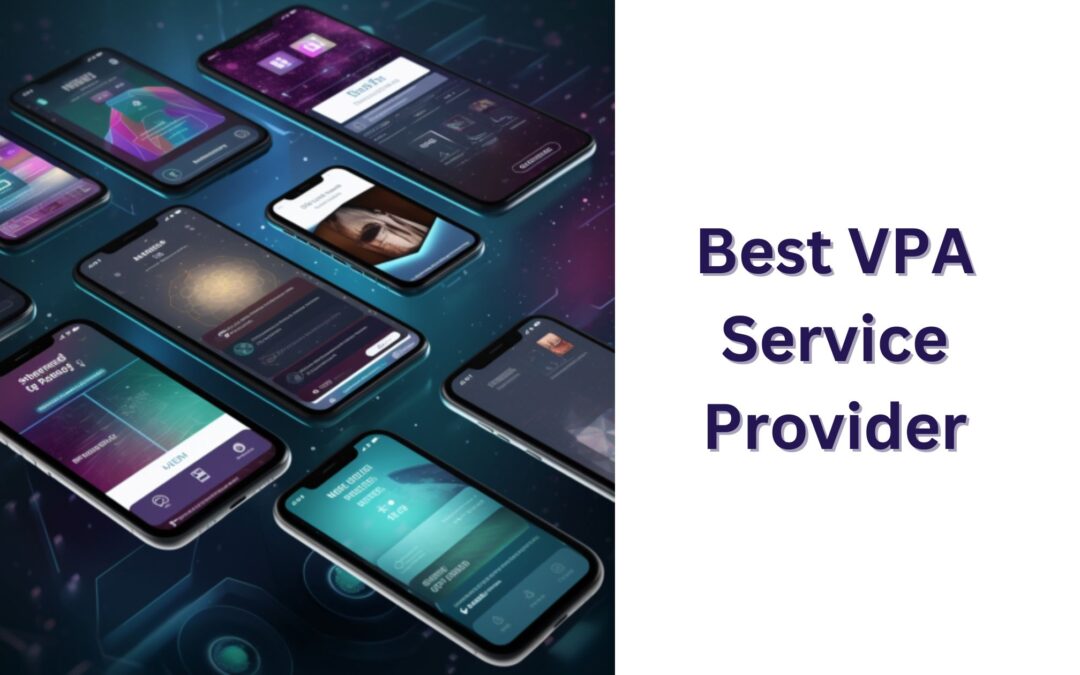Virtual Payment Addresses (VPAs) have become the foundation of modern digital payments, offering a secure and easy way to send and receive money without leaking sensitive financial information. While several service providers offer VPAs, some stand out as leaders in the industry.
In this article, we will explore the top Virtual Payment Addresses service providers, their features, and what makes them the selected choice for users worldwide.
What are VPAs?
Virtual Payment Addresses (VPAs) are a financial technology (FinTech) innovation primarily used in India’s digital payment ecosystem. VPAs are designed to simplify and enhance the process of making electronic payments and transferring funds.
In essence, VPAs streamline the digital payment process by replacing complex banking details with simple and memorable identifiers. They have played a significant role in promoting digital transactions and financial inclusion in India.
1. Virtual Payment Addresses in PhonePe
Overview: PhonePe, a subsidiary of Flipkart, has gained immense favour in India for its user-friendly interface and robust VPA services.
Key Features in PhonePe:
- Seamless integration with numerous banks.
- Easy-to-create VPAs with unique identifiers.
- Swift transactions often occur in real time.
- Extensive bill payment and utility services.
- Wide acceptance among Indian retailers.
2. Google Pay (GPay)
Overview: GPay is Google’s foray into digital payments, and it boasts a strong global presence.
Key Features in Google Pay:
- Supports a wide range of international banks.
- User-friendly Virtual Payment Address creation process.
- Speedy transactions with enhanced security features.
- Integration with various online and offline merchants.
- Compatibility with both Android and iOS devices.
3. Virtual Payment Addresses in Paytm
Overview: Paytm is one of India’s leading digital payment platforms, offering a comprehensive suite of financial services.
Key Features in PayTm:
- Multiple VPA options, including “@Paytm” and “@Paytmbank.”
- Quick and secure fund transfers.
- Extensive merchant network for cashless transactions.
- Bill payments, mobile recharges, and more.
- Integration with Paytm Payments Bank.
4. BHIM (Bharat Interface for Money)
Overview: BHIM is a government-backed UPI (Unified Payments Interface) app in India, known for its simplicity and security.
Key Features in BHIM:
- Minimalistic and easy-to-use VPA creation.
- Secure and encrypted transactions.
- Support for multiple Indian banks.
- Check bank account balance and transaction history.
- Bill payments and utility services.
5. PhonePe for Business
Overview: This variant of PhonePe is tailored for merchants and businesses, providing dedicated Virtual Payment Addresses for smoother transactions.
Key Features in PhonePe for Business:
- Customizable VPAs with the business name.
- Bulk payment processing for vendors and employees.
- Detailed transaction history and analytics.
- Integration with popular e-commerce platforms.
- Enhanced security measures for business transactions.
6. WhatsApp Pay
Overview: WhatsApp Pay, available in select regions, leverages the popular messaging platform to enable secure payments.
Key Features in WhatsApp Pay:
- Send money directly from WhatsApp chats.
- VPA setup through WhatsApp.
- Bank-grade encryption for security.
- Seamless integration with contacts.
- Simple and intuitive user experience.
7. Tez (now Google Pay for India)
Overview: Tez, now integrated into Google Pay for India, was known for its innovative approach to digital payments in the Indian market.
Key Features in Tez:
- Integration with UPI and support for numerous banks.
- User-friendly VPA setup.
- Cash Mode for nearby transactions.
- Bill payments and mobile recharges.
- Language support for regional users.
8. Virtual Payment Addresses in Amazon Pay
Overview: Amazon Pay, a subsidiary of Amazon.com, offers a convenient payment solution for both online and offline transactions.
Key Features in Amazon Pay:
- Use your Amazon Pay Balance for transactions.
- Secure VPA setup linked to your Amazon account.
- Pay for e-commerce purchases and utilities.
- Integration with various online merchants.
- Cashback and rewards for Amazon Prime members.
9. PayPal
Overview: PayPal, a global leader in online payments, offers Virtual Payment Addresses through its platform for international transactions.
Key Features in PayPal:
- Send and receive money across borders.
- Link your PayPal VPA to your bank account or credit card.
- Secure and widely accepted for e-commerce transactions.
- Multicurrency support for global users.
- Enhanced buyer and seller protection.
10. SBI (State Bank of India) YONO (You Only Need One)
Overview: SBI YONO is the State Bank of India’s integrated digital banking platform, providing VPA services to its customers.
Key Features in SBI YONO:
- Seamless VPA creation for SBI account holders.
- Access to a wide range of banking services.
- Secure transactions and fund transfers.
- Personal finance management tools.
- Integration with various government schemes and services.
These top Virtual Payment Address service providers have revolutionized digital payments, offering users convenience, security, and versatility worldwide. Whether you’re looking for a simple way to pay friends or conduct seamless online shopping, these platforms have you covered, ensuring that your financial transactions are both efficient and secure.
FAQs on Virtual Payment Addresses
Can I use VPAs in PhonePe for international transactions?
VPAs in PhonePe are primarily designed for domestic transactions. International payments may require different mechanisms, so it’s essential to check with your bank for specific details.
Are VPAs compatible with all banks in PhonePe?
PhonePe supports a wide range of banks for VPAs. However, it’s advisable to check whether your bank is compatible with PhonePe for this feature.
Can I have multiple Virtual Payment Addresses?
It depends on the service provider. Some providers allow users to create and manage multiple VPAs for various purposes, while others may limit the number of VPAs per user.
Can I use the same VPA with multiple banks or service providers?
Generally, VPAs are specific to the service provider and may be linked to a particular bank account. If you wish to use a VPA with multiple banks, you might need to create separate VPAs for each account or service provider.

